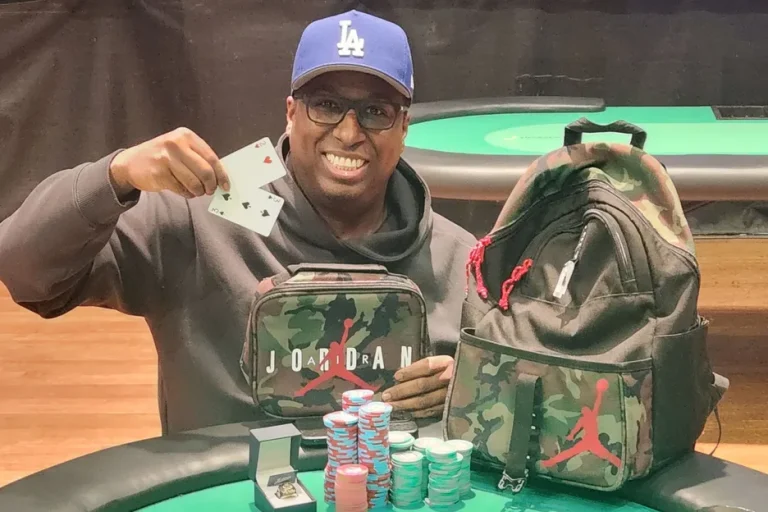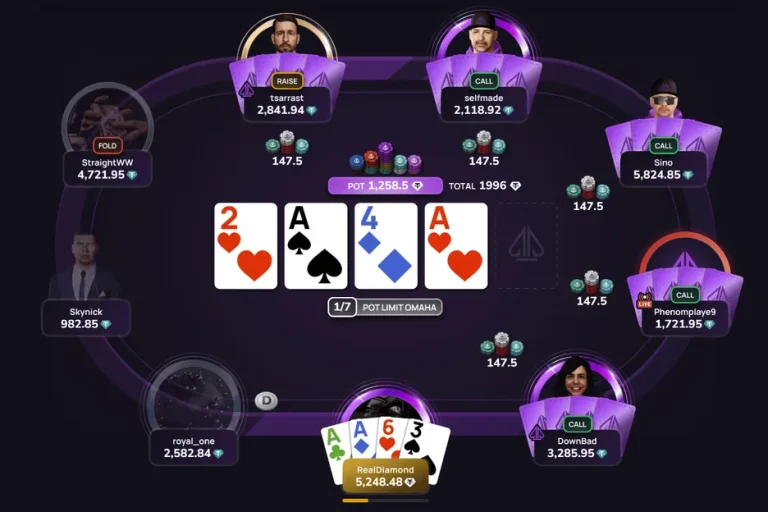Poker is a thrilling game that combines skill, psychology, and chance. While many enjoy it as a recreational activity, it’s easy for excitement to turn into excess. Knowing how to enjoy poker responsibly ensures the game remains fun without leading to financial or emotional stress.
Set Clear Limits Before You Play
Before sitting at a table or logging into an online poker room, set a firm budget. Decide how much money and time you’re willing to spend—and stick to it. Treat this budget like the cost of entertainment, similar to a movie ticket or night out, not an investment expecting returns.
Pre-setting limits helps you avoid impulsive decisions driven by emotions or the desire to chase losses. Once your limit is reached, walk away without guilt or pressure.
Focus on the Fun, Not Just Winning
Poker is at its best when played for enjoyment, not as a source of income. Focus on learning the game, enjoying the social interaction, and testing your strategy. Winning can be satisfying, but making it your only goal may lead to stress and disappointment.
Appreciate the challenge and accept that losing is part of the experience—even the best players don’t win every time.
Play in the Right Environment
Choose the setting that matches your comfort level. For casual players, home games or low-stakes online tables are ideal. Avoid high-stress environments or games with aggressive players if they make you feel uneasy.
Make sure the atmosphere promotes fun, fairness, and mutual respect. Playing in a safe, friendly space helps you stay in control and enjoy the game for what it is.
Take Breaks and Check In With Yourself
If you’re playing for long sessions, schedule breaks to reflect on how you’re feeling. Are you still having fun? Are you playing to win back losses or because you’re genuinely engaged? These quick check-ins help prevent compulsive play.
If frustration or fatigue kicks in, it’s a clear sign to pause or stop. A clear mind leads to better decisions and a more enjoyable experience overall.
Don’t Play Under the Influence
Avoid playing poker while drinking heavily or using substances that impair judgment. These can affect your decision-making abilities and make it harder to stick to your limits.
Enjoying a drink is fine if you’re socializing, but be mindful that poker requires attention, discipline, and focus.
Know When to Walk Away
One of the most valuable skills in poker isn’t just knowing when to fold a hand—it’s knowing when to stop playing altogether. If the game is no longer fun, or if you’re feeling frustrated, it’s okay to walk away. Your mental and financial well-being always comes first.
FAQ
1. Can poker be addictive even if played for fun?
Yes, like any form of gambling, poker can become addictive if boundaries aren’t respected. Playing for entertainment with set limits helps reduce this risk.
2. How can I recognize if I’m losing control while playing poker?
Signs include chasing losses, hiding your play from others, neglecting responsibilities, or playing with money you can’t afford to lose.
3. Are there tools to help me play poker responsibly online?
Many online platforms offer responsible gaming tools such as deposit limits, time reminders, self-exclusion options, and activity tracking to help players stay in control.


